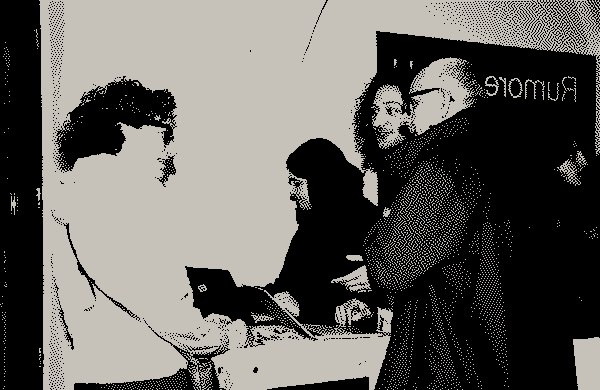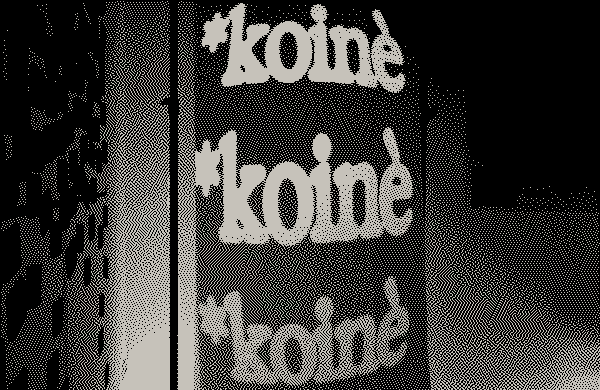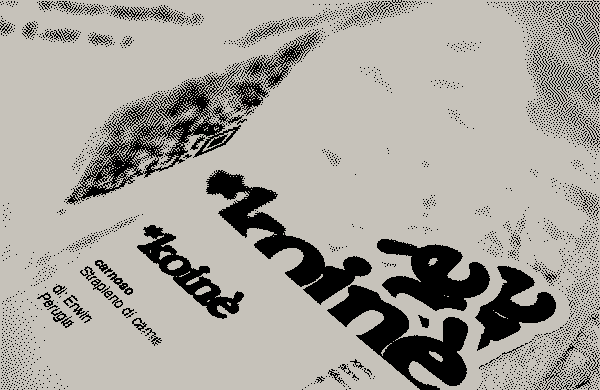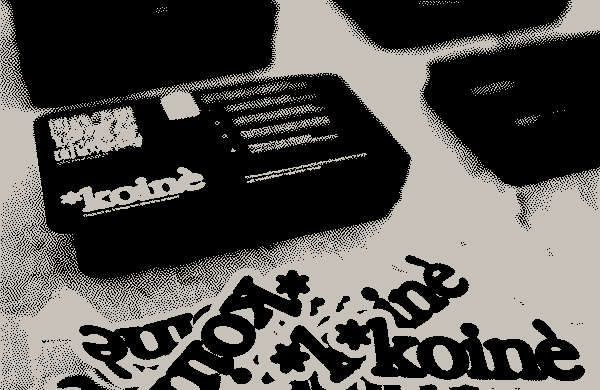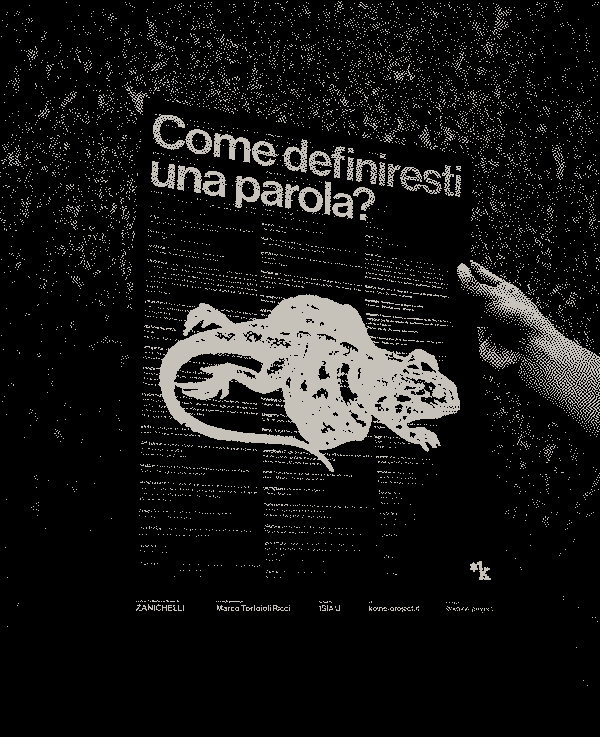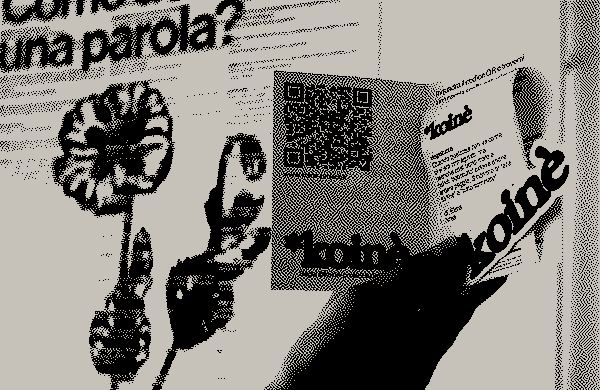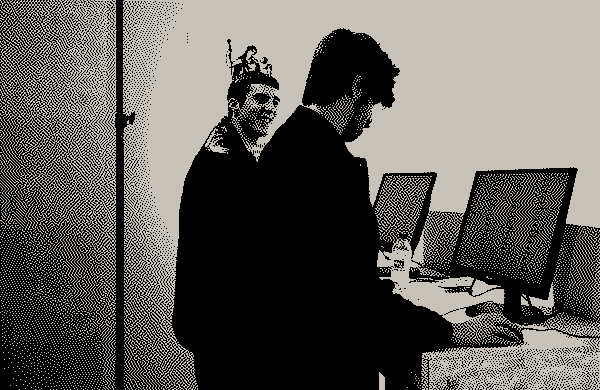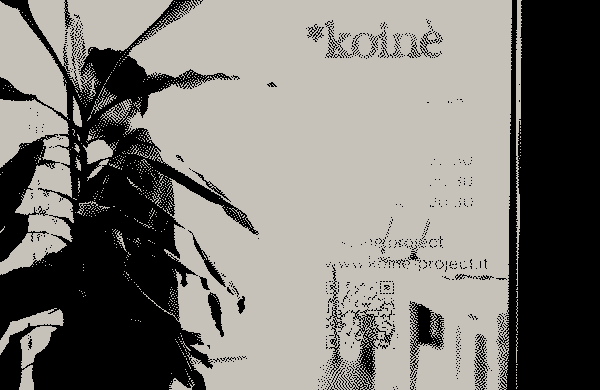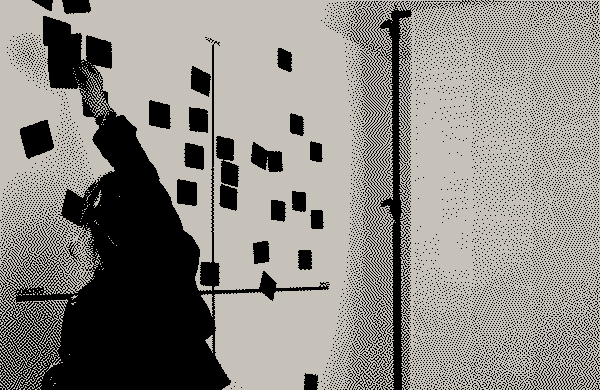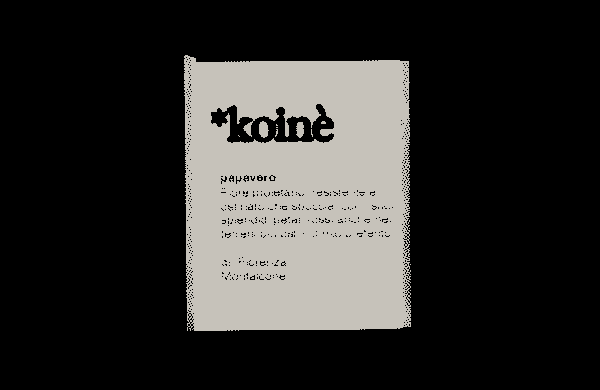Koinè
Collective vocabulary
Description
*koinè is a “collective vocabulary” created in collaboration with Zanichelli, developed as an exam project for the Design Methodology course at ISIA U, under the coordination of lecturer Marco Tortoioli Ricci.
Starting from the assumption of the progressive and constant transformation of common language, *koinè aims to show the limits and potentialities, as well as new interpretative possibilities, of that common language: the goal is the construction of a vocabulary compiled from the definitions that each of the participants can give of one or more words. These definitions, collected through the online platform www.progetti-isiau.net/koine and during organized live events, are accompanied by the texts of the Zanichelli publishing house, which contributes to the project by providing the list of about 5,300 terms of the basic Italian vocabulary and a series of important historical volumes.
Users are from time to time stimulated to freely define a random word from the vocabulary or to choose the one most congenial to them, or even to comment on the definitions left by other users: the goal is reflection about the very tools of communication, words in many cases used frequently but of which we tend to take for granted the infinite nuances of meaning. The *koinè vocabulary thus becomes a catalog of common expressions, idioms, slang formulas, anecdotes and cultural references: an anthology built from the personal experiences of each of us, considered as minimal elements of language, communication and coexistence.
The possibility of contributing to the vocabulary and freely consulting its updated entries at any time, possibly commenting on them to integrate new meanings, is a particularly important aspect of the research project, which thus proposes a new way of understanding the vocabulary and of enjoying its contents. The site was therefore designed from the ground up to provide visitors with an innovative and interactive experience, including a live feed with the latest definitions entered and a download button for sharing published definitions online. In addition, once the definition of a lemma has been provided, it is possible, with a special button, to consult the definition of the same term provided by Zanichelli, all without having to leave the platform.
The main objective of the project, however, is not limited only to the dissemination of different terminologies and interpretations of the language (which also, as the name of the project suggests, is the one considered “common”). In fact, the *koinè vocabulary was born out of deep reflection and research on how the way we speak and understand words has changed over time, partly as a result of new media such as social networks. On the other hand, in recent years a widespread interest in vocabulary has become increasingly clear, with a focus on words used to define what pertains to the semantic field of identity, sometimes understood as subjective and unique, other times as pertaining to a specific social group. It is therefore from language that in our view we need to start again in order to understand how our relationships, and consequently social stability as much on a small scale as on a global level, depend on a confrontation that becomes impossible in the absence of a shared lexicon: we might call it, precisely, our “collective vocabulary.”
